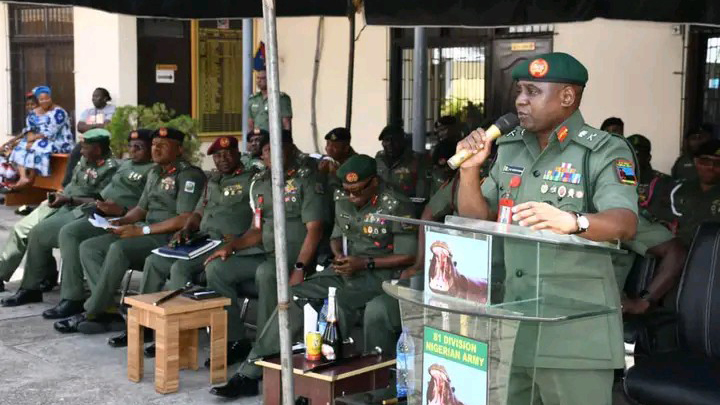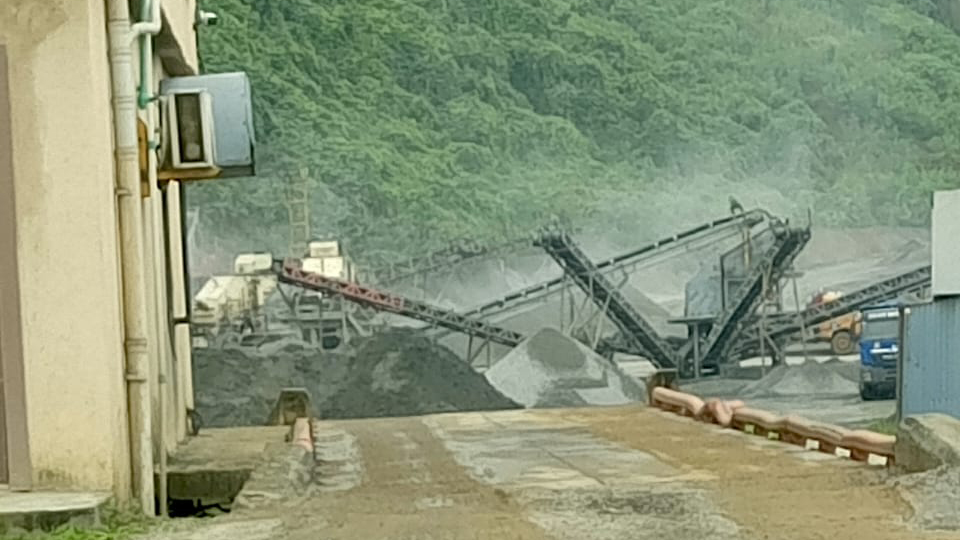A PROFESSOR of International Relations, History and Strategic Studies at the Lagos State University (LASU), Adewumi Falode, has urged Nigeria to domesticate federalism, being canvassed by some people as the antidote to the nation’s economic and political problems.
He said that Nigeria’s version of democracy is alien, expensive, wasteful, ruinous and destructive, saying that since its introduction, the form of democracy practised in the country has not been able to fulfil the basic desire of the citizens for full and inclusive participation in governance.
Falode gave the advice while delivering the 115th inaugural lecture of the Lagos State University (LASU) titled: ‘Bespoke solutions: Reimagining, reifying and realigning the wheels of the Nigerian state’ held at the Buba Marwa Auditorium, LASU, Lagos.
He said that his training as a historian and later as both an international relations scholar and a strategist, had uniquely positioned him to provide crucial insights into Nigeria’s political development in the past, present, and possible future.
The don, who traced and analysed Nigeria’s political journey, pinpointing critical points of misdirections, misadventures and maladjustments that truncated the nation’s march to realising the Nigerian dream, said that Nigeria’s history since independence had been a long and winding journey of attempts at realigning, readjusting, and reinventing the wheel. He stated that these varied efforts had failed to transform Nigeria into a cohesive, politically stable, and economically viable polity.
The reasons for these failures, and the consequent misalignments and maladjustments in the country’s journey since 1960, he said, was due to the failure of Nigeria’s post-Independent leaders to adhere to the principles of federalism and adjust or refine the system to meet local realities where necessary.
Falode said that the subsequent adoption of regionalism, the three political parties which dominated the Nigerian political landscape: the Northern Peoples Congress (NPC) in the North, the Action Group (AG) in the West, and the National Council of Nigerian Citizens (NCNC) in the East, with their ethnic soloing created challenges that impacted the creation of a national identity.
According to him, the dominance of these three political behemoths, and their subsequent destructive competition for control of government at the Centre, played a crucial role in the collapse of the First Republic.
He said that throughout the First Republic, the government could not adequately address the aspirations of minority groups seeking greater representation in the federation, citing a destabilising factor, which was the parliamentary system adopted at Nigeria’s independence.
Falode said that the nation-building challenges that have plagued the country since its independence in 1960 have been a recurring leitmotif in the various civilian and military administrations. The don, therefore, advised that Nigeria must customise its federalism if it hopes to correct the obvious fractures in the nation’s seams.






